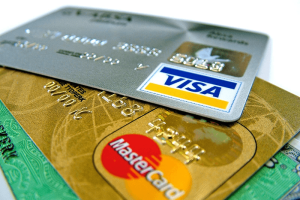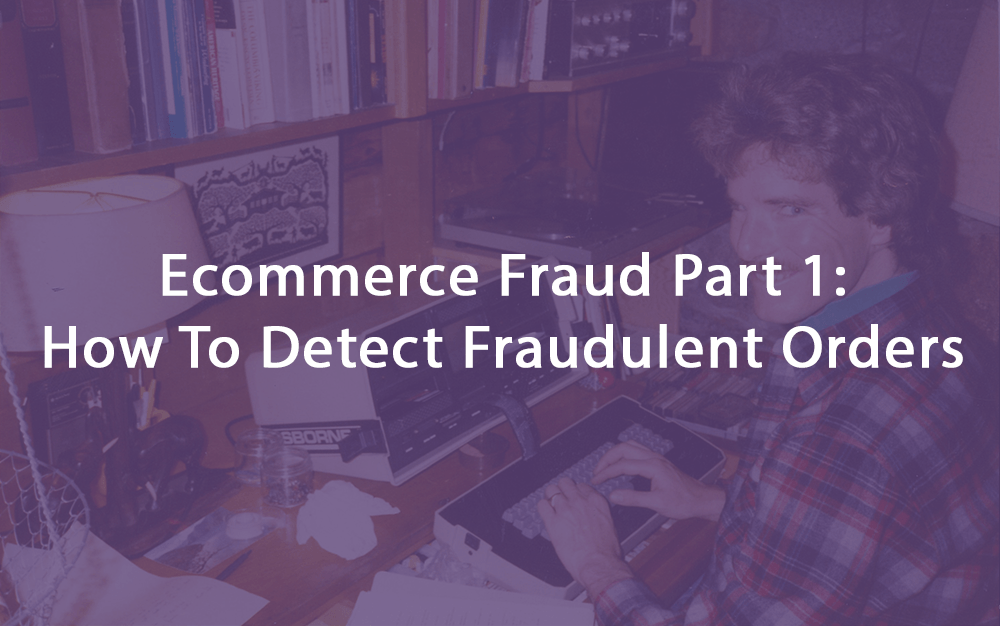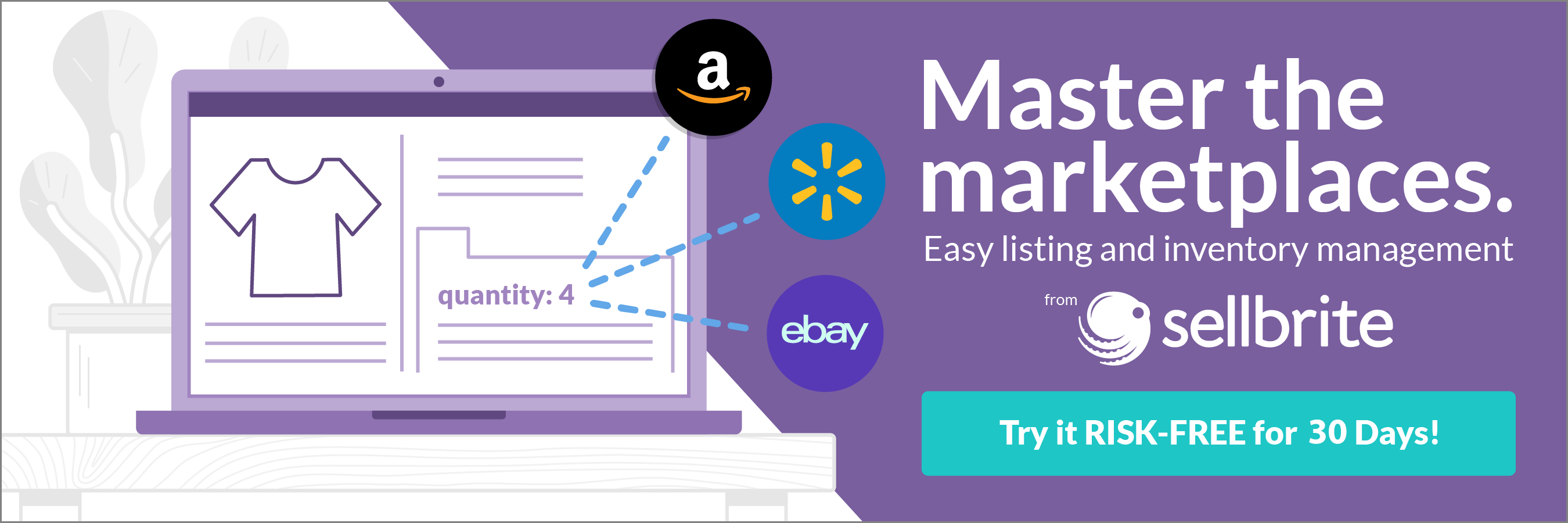In a brick and mortar store, you have to be mindful of those with less than honorable intentions, filling their pockets with your products, and then making off without paying.
As an online business owner, you might think that you’re immune from stealing – but the sad reality is that there are lots of people out there who are trying to do the very same thing. Perhaps even more so, given the perceived safety of committing a crime from a distance.
As your ecommerce store grows bigger and bigger, fraud should be something you monitor on an increasingly frequent basis.
At my last company, CPO Outlets, we actually had an entire department whose job was to detect fraudulent orders. We called it (well, they called themselves) the Ministry of Order Control! (MOOC, for short)

[gap height=”15″]
They took fraud very seriously and saved our company a loooooot of $$$.
Left unchecked, fraudulent orders can cost you tens of thousands of dollars or more, easily – they can lead to your business going bust. If you’re serving hundreds of people every day, you’re much more likely to be targeted than if you only serve one or two people each day – it’s common sense really.
Now that the scary bit’s out of the way, I want to address a few things that should set off the alarm bells and help you detect fraudulent orders.
Expedited delivery
Fraudsters don’t like waiting for their ill-gotten gains to be delivered. How do I know? Well, over 80% of the fraudulent orders placed on our websites had an expedited delivery service selected on checkout.
Think about it – it costs about $10 to upgrade to a next day delivery service. Fraudster doesn’t care because it’s not his money he’s spending! The longer the item sits waiting to be packed and dispatched, the more chance that his scheme will be foiled.
So if you see a big order come in that looks a little dubious, and the buyer has selected expedited delivery, it’s time to look into it that order a little bit more closely.
Multiple payment attempts across different cards
Fraudsters can buy credit card information from various sources – literally just text files with lines upon lines of credit card numbers, expiration dates, CVV numbers and so on. A lot of those numbers will already be inactive because banks have cancelled the card or because customers have brought suspicious activity to the attention of their card issuer.

Certain content management systems, like Shopify will flag up when a user has tried multiple payment attempts. They also show you the last four digits of each card they tried to use, making it easy for you to see exactly how many cards this person has used to pay.
Shipping country different from billing country
So, someone places a $300 order with a credit card from the US – but the delivery address is elsewhere. Question how and why – and if you can’t find a satisfactory answer to your question, cancel the order.
Again, a CMS like Shopify will flag orders where the delivery address is not consistent with where the card was issued.
Orders placed from overseas but delivered domestically
A problem I’ve seen is where orders come in from overseas for domestic delivery. A few weeks go by and a chargeback letter comes in the mail.
From what I’ve seen, a common criminal approach is to have items sent to a safe house in the domestic country of the retailer, then forward the goods elsewhere before leaving the country permanently – so it’s hard to track them down or catch them.
If someone places an order via your website from a foreign IP, but the products are being delivered domestically, you have to ask yourself why.
An exception to this rule is people who use mail-forwarding companies. For example, we didn’t ship outside of the US, but we had a big customer base in Europe. Our customers located there use a forwarding company based near Atlanta – so while they always pay with cards issued thousands of miles away, and they always order on foreign IP addresses, our experience dictates that we’re usually OK to send goods to them because they use a reputable forwarding service.
Just like the last point, Shopify will flag when orders are placed from a country that’s not the same as the delivery address country.
Abnormal…ly large orders
One characteristic of fraudulent orders that sticks in my mind is that fraudsters usually place a large order, but they only actually order two or three different SKUs – but 10, 20, 30 or more of each. This is a dead giveaway.
As well as looking for repeat SKUs, be vigilant of abnormally large orders in general – much bigger than your typical customer would usually place. Sometimes buyers just need a lot of stuff, for whatever reason – other times, someone is looking to wipe out your inventory and sell it themselves.
Frequent, repeat orders
Remember what I said earlier about scammers going for expedited delivery? Well, when you fall into their trap and ship them products – they’ll come back again and again, and again!
So if all of a sudden you’re getting a lot of large orders, all with an expedited delivery upgrade, you need to screen the orders extremely carefully. Why does this person need so many products, so often, so fast? Who are they?
Throwaway email addresses
We’ve noticed that all fraudsters who have targeted our websites have used free, throwaway email addresses. While it’s not practical to discriminate against people who use these email addresses (hey, I use Gmail!) it is a good idea to bear this in mind when assessing all of the other factors I’ve discussed in this post:
Expedited delivery + lots of repeat orders over a space of a couple of days + credit card issued outside of your country + multiple payment attempts using different cards = almost certainly a fraudulent buyer
In part 2 of this post, I talk about some techniques to implement for actually rejecting those fraudulent orders – implement these and they might save you some real money!
Have any other thoughts on how to detect fraudulent orders? Share them in the comments!



15 thoughts on “Ecommerce Fraud Part 1: How To Detect Fraudulent Orders”
Pingback: 7 Proven Techniques For Fighting Ecommerce Fraud - Sellbrite
Pingback: 7 Proven Techniques For Fighting Ecommerce Fraud - Sellbrite
Pingback: 7 Proven Techniques For Fighting Ecommerce Fraud - Sellbrite
On Ebay, users with 0 feedback scores are a big red flag. We got someone that wanted something delivered to a different address after it was ordered. Nope. Sorry. Cancel your order and try it again.
Yeah that’s a great call, Marc! User feedback scores help considerably on eBay.
User feedback can make lot of difference in selling
On Ebay, users with 0 feedback scores are a big red flag. We got someone that wanted something delivered to a different address after it was ordered. Nope. Sorry. Cancel your order and try it again.
Yeah that’s a great call, Marc! User feedback scores help considerably on eBay.
User feedback can make lot of difference in selling
On Ebay, users with 0 feedback scores are a big red flag. We got someone that wanted something delivered to a different address after it was ordered. Nope. Sorry. Cancel your order and try it again.
Yeah that’s a great call, Marc! User feedback scores help considerably on eBay.
User feedback can make lot of difference in selling
Beware of freight forwarding companies. American Express will not honor payment for goods signed by them for a customer who claims he never received the item(s). They must be delivered to his card address and signed by the actual customer or you are out. The ones in Miami are the worst. I think the employees are in on the fraud, too.
Beware of freight forwarding companies. American Express will not honor payment for goods signed by them for a customer who claims he never received the item(s). They must be delivered to his card address and signed by the actual customer or you are out. The ones in Miami are the worst. I think the employees are in on the fraud, too.
Beware of freight forwarding companies. American Express will not honor payment for goods signed by them for a customer who claims he never received the item(s). They must be delivered to his card address and signed by the actual customer or you are out. The ones in Miami are the worst. I think the employees are in on the fraud, too.